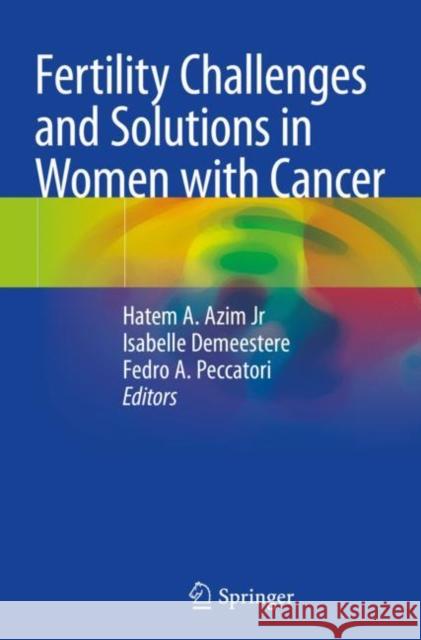Fertility Challenges and Solutions in Women with Cancer » książka
topmenu
Fertility Challenges and Solutions in Women with Cancer
ISBN-13: 9783030240882 / Angielski / Miękka / 2020 / 147 str.
Fertility Challenges and Solutions in Women with Cancer
ISBN-13: 9783030240882 / Angielski / Miękka / 2020 / 147 str.
cena 342,14
(netto: 325,85 VAT: 5%)
Najniższa cena z 30 dni: 327,68
(netto: 325,85 VAT: 5%)
Najniższa cena z 30 dni: 327,68
Termin realizacji zamówienia:
ok. 16-18 dni roboczych.
ok. 16-18 dni roboczych.
Darmowa dostawa!
Kategorie BISAC:
Wydawca:
Springer
Język:
Angielski
ISBN-13:
9783030240882
Rok wydania:
2020
Wydanie:
2020
Ilość stron:
147
Oprawa:
Miękka
Wolumenów:
01











